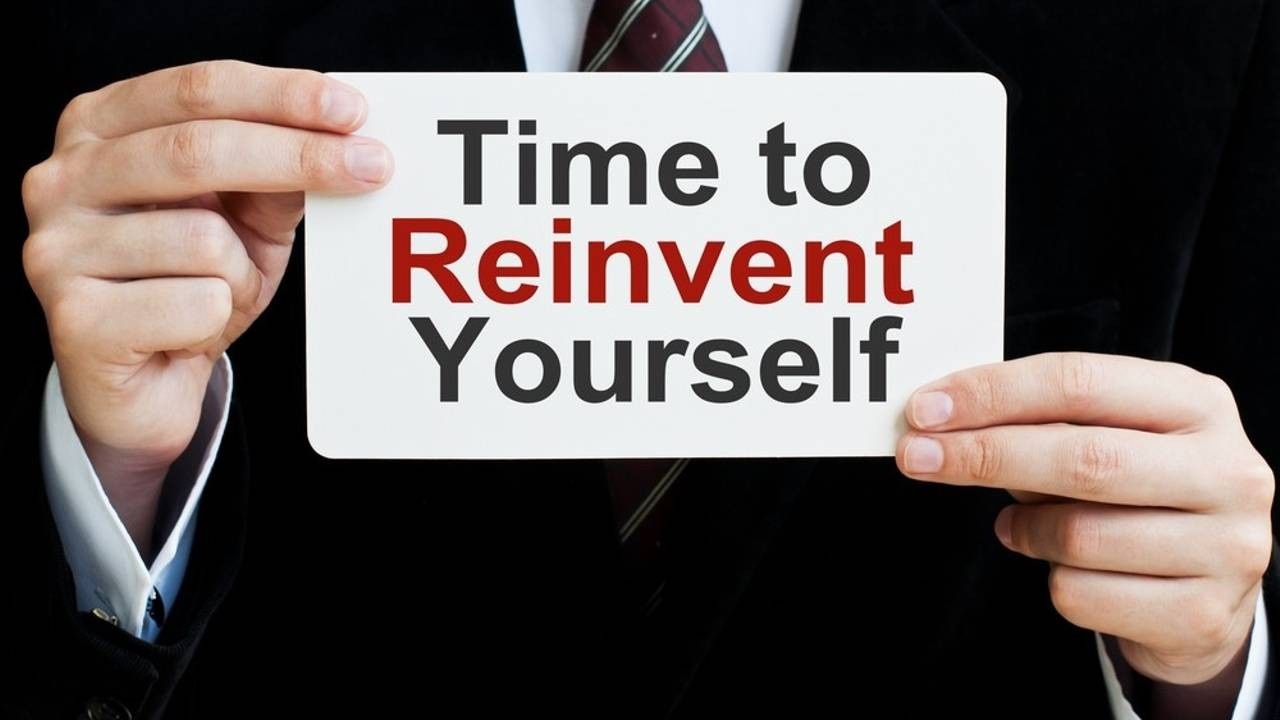Motivating Individuals to Change

Focusing on individual differences allows the coach to take account of different personalities and situations, and understand why people do the things they do – what motivates them, drives them forward, or causes them to remain in a situation where they are not happy. There may be a need to be met or a want that is desired. The first part of the coaching process is guiding the client towards greater self-awareness and insight through a process of identifying their needs and wants, desires and aspirations, and finding out what they have done in an attempt to get them fulfilled.
A number of psychological theories explain motivation from various perspectives. Behavioural theories focus on stimulus-response, that is, behaviour is typically driven by a basic need to minimise physical pain and maximise pleasure e.g. to eat and rest, or achieve a desired object, goal or state. Cognitive theories of motivation assume that behaviour is directed as a result of the active processing and interpretation of information. Hence, motivation is evidenced as a purposive and persistent set of behaviours a person displays, based on the information that is available to them, as they attempt to eliminate the pain or move towards the gain. Path-goal theories propose that individuals are motivated by goal-setting and action planning. Expectations, based on past experiences, serve to direct behaviour toward the achievement of certain goals. Alternatively motivation has been attributed to higher order intentions such as altruism, selfishness or mortality.


